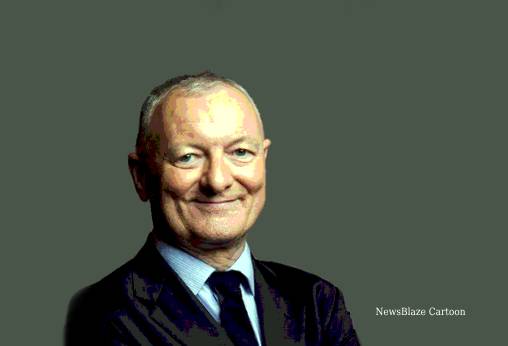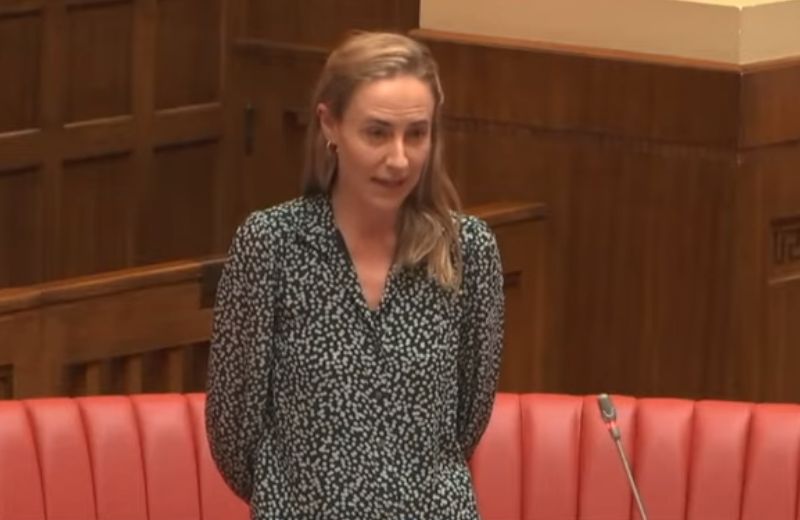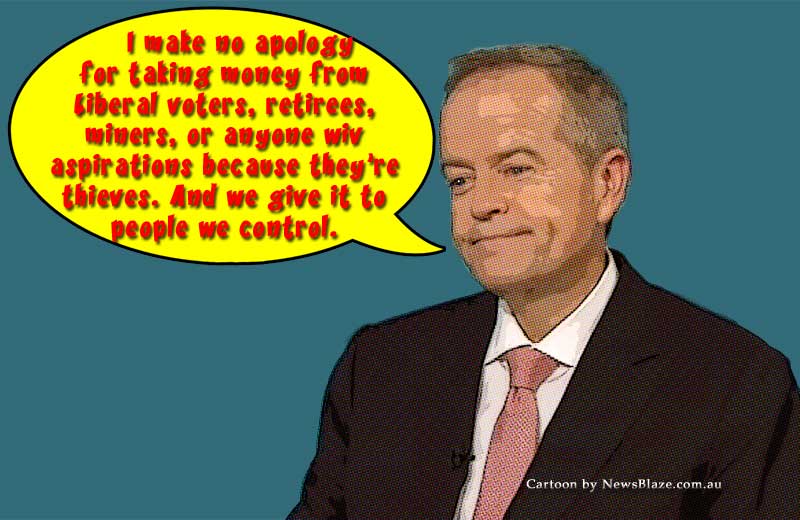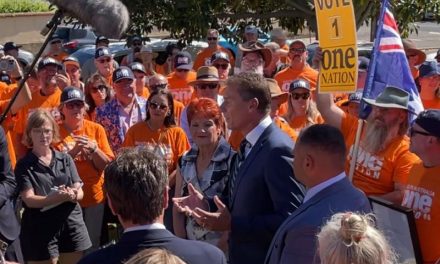Quote From Pauline Hanson Confirms It Was the Party, Not the Person
With South Australian MLC Sarah Game quitting One Nation to sit as an independent, debate has reignited over what voters actually endorse at the ballot box – the person or the party.
Critics have questioned whether Game’s resignation from the party is a betrayal of voters. If her seat was won on the strength of the party’s name and platform, not her individual campaign or popularity, should she step aside to allow the party to replace her?
The 2022 Legislative Council Election
In the 2022 South Australian state election, One Nation fielded Sarah Game and Bob Couch for the Legislative Council, with 11 seats in play and 1,129,680 formal votes cast.
To win a seat outright, a candidate needed to reach the quota: 90,737 votes.
After first preferences were counted:
-
Labor won 4 quotas
-
Liberals won 4
-
The Greens secured 1
-
Two seats remained in contention
One Nation received:
-
40,262 above-the-line votes
-
4,921 below-the-line votes for Game
-
868 below-the-line votes for Couch
The party’s total vote equated to 0.5075 of a quota – ahead of remaining Labor, Liberal, Family First, and Liberal Democrat candidates.
How Preferences Played Out
As preferences from excluded minor parties and independents flowed, Labor’s Russell Wortley briefly overtook Game with over 16,000 preference votes. Game received about 7,450 at this stage, with 68.3% of preferences exhausted – meaning no further preferences were allocated for those votes.
Next, the Liberal Democrat candidate was excluded. His preferences flowed mainly to Family First and One Nation. That pushed Game back into second place behind Labor, with Family First not far behind.
Eventually, Family First candidate Tom Kenyon was excluded, and his preferences split 17% to One Nation and 12.8% to Labor. That sealed the final result: Sarah Game (One Nation) and Russell Wortley (Labor) were elected on partial quotas.
A System That Favours First Preferences
ABC election analyst Antony Green noted that the new voting system, introduced in 2018, generally favours candidates who start the count with more votes.
“In the post-group voting ticket world, parties need votes to get elected,” Green wrote. “They can no longer rely on preferences to overtake competitors.”
This was evident in 2022, where the bulk of preferences exhausted and those that remained followed ideological lines. Game had just enough primary vote strength and preference support to cross the line.

Antony Green, NewsBlaze cartoon
No Campaigning, Just a Name
Further digging reveals Sarah Game’s candidacy was a last-minute substitution. Her mother, Jennifer Game, had been the original candidate but chose to run for federal parliament instead. Sarah stepped in with little time – and little campaigning.
Even One Nation founder Pauline Hanson confirmed that Sarah did almost nothing to promote herself.
“Sarah had done no campaigning, nothing. It was the brand. It was my name and the people who backed me and the hard work we did,” Hanson told media.
This adds weight to the argument that voters chose the One Nation banner, not Sarah Game as an individual.

Sarah Game, One Nation
So, Who Got Her Elected?
While Sarah Game did receive nearly 5,000 below-the-line votes, these likely came from party loyalists selecting One Nation candidates manually rather than supporting her personally.
Even below-the-line voters often follow the party list. In some cases, like community forums or meet-the-candidate events, voters get a chance to engage with individuals. But there’s no public record of Game participating in such events before the 2022 vote.
To truly assess whether a politician won on personal merit, we would need to examine their public presence, policy advocacy, and community engagement. In Sarah Game’s case, very little evidence suggests a personal campaign.
Instead, all signs point to the One Nation brand – and Pauline Hanson’s personal campaigning – as the driving force behind her election.
Now, as she serves out her term as an independent, after calling for lighting monuments for Palestine, many One Nation voters may be asking themselves: is this who we voted for?



